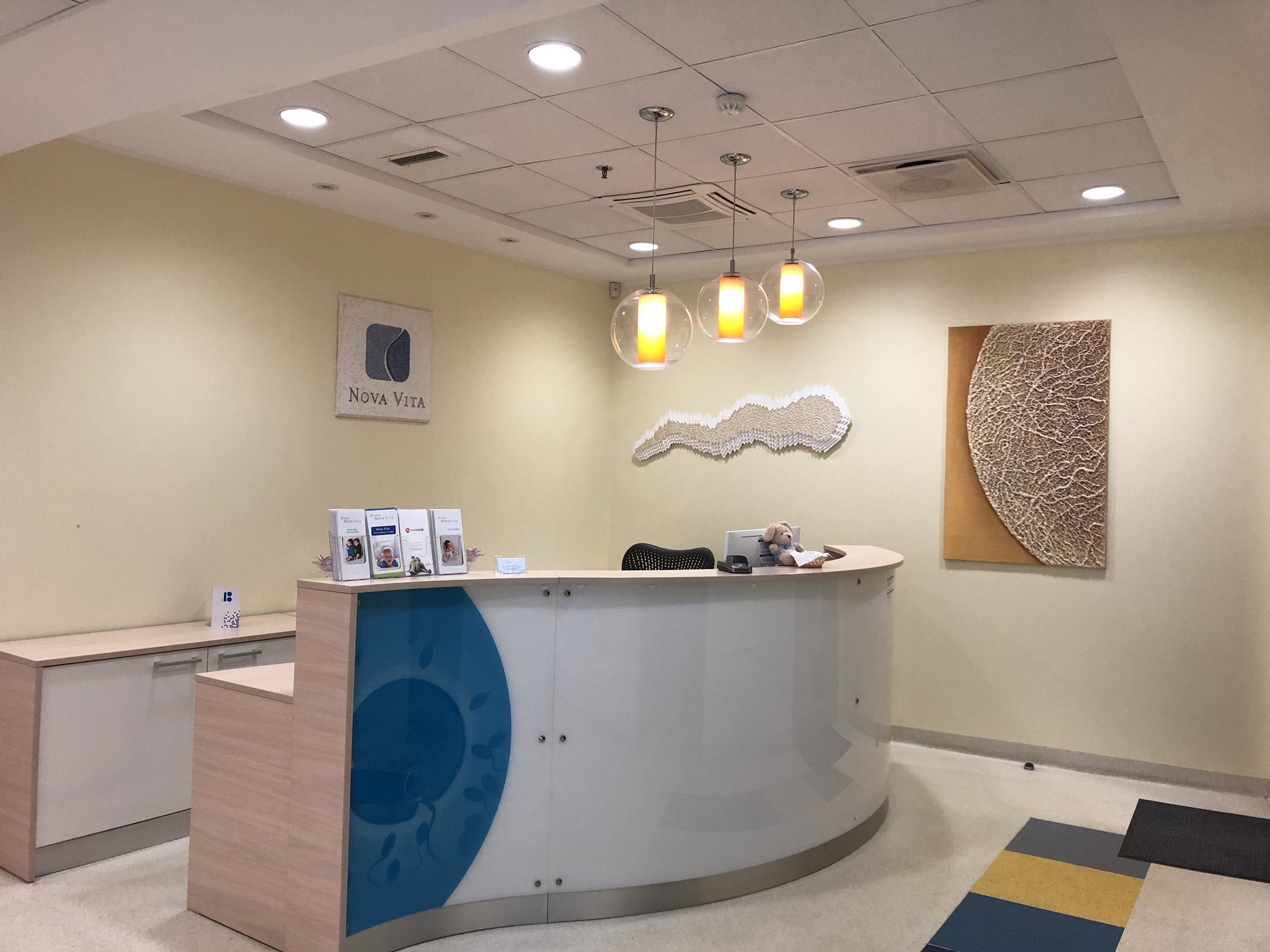There are many reasons why you may be advised not to take a bath after egg retrieval. One reason is that it may increase the risk of infection. Egg retrieval is a procedure where eggs are removed from the ovaries using a needle.
This can be done while you are under general anesthesia or regional anesthesia (epidural or spinal). After the procedure, you will likely have some cramping and bloating. You may also experience some vaginal bleeding and discharge.
If you’re undergoing in vitro fertilization (IVF), you may be wondering if you can take a bath after egg retrieval. The answer is usually no. Here’s why:
After your eggs are retrieved, they need to be immediately transferred to the laboratory for incubation. If you were to take a bath, the warm water could potentially damage the delicate eggs. In addition, it’s important to avoid any activities that could increase your body temperature after egg retrieval.
This means no saunas, hot tubs, or strenuous exercise. All of these activities could potentially impact the success of your IVF cycle. So while a post-egg retrieval bath may sound relaxing, it’s best to avoid it for now.
Your fertility team will give you specific instructions on what you can and cannot do after your procedure. Following their recommendations will help ensure the best possible outcome for your IVF cycle.
Myths about embryo transfer: Precautions and step day by day #Embryotransfer
Is It OK to Have a Bath After Egg Retrieval?
Yes, it is perfectly fine to take a bath after egg retrieval. In fact, many fertility clinics actually recommend it! Taking a warm bath can help to relax your muscles and ease any discomfort you may be feeling from the procedure.
It can also help to increase blood flow to the area, which can speed up the healing process. Just be sure to avoid using any harsh soaps or scrubs, as they can irritate the incision site.
Can I Have a Bath After the Egg Transfer?
Yes, you can have a bath after egg transfer. There is no evidence that it will increase the risk of infection or cause any harm to the implanted embryo. However, avoid using hot water, as this can raise your body temperature and potentially affect implantation.
You may want to stick to lukewarm water for the first few days after transfer.
What Can You Not Do After Egg Retrieval?
After egg retrieval, it is important to not do anything that could potentially put stress on your body. This includes things like lifting heavy objects, exercising, and sexual activity. You should also avoid drinking alcohol and taking hot baths.
It is important to follow your doctor’s instructions after egg retrieval and to listen to your body. If you feel pain or discomfort, be sure to tell your doctor.
Can I Take a Shower on the Day of Egg Retrieval?
Yes, you can take a shower on the day of egg retrieval. However, you should avoid using any products that contain oils or fragrances as these can interfere with the procedure. You should also avoid sexual intercourse for 24 hours before the procedure.


Credit: iraniansurgery.com
How Long to Rest After Egg Retrieval
It’s important to know how long to rest after egg retrieval because this will help you avoid any complications that may arise. Egg retrieval is a surgical procedure in which eggs are removed from the ovaries. This is done using a needle and suction device.
The eggs are then transferred to a lab for fertilization.
After the procedure, you will need to rest for about 24 hours. During this time, you should avoid strenuous activity, such as exercising or lifting heavy objects.
You may experience some cramping and bleeding, which is normal. However, if you have severe pain or bleeding, please contact your doctor.
It’s also important to drink plenty of fluids and eat healthy foods during your recovery period.
This will help your body heal and prevent any infection.
Do’s And Don’Ts After Egg Retrieval
One of the most critical steps in an IVF cycle is the egg retrieval. This is a minor surgical procedure that is performed under anesthesia. It involves using a needle to aspirate the eggs from the ovaries.
The whole process takes about 30 minutes. After the egg retrieval, it is important to follow certain do’s and don’ts in order to ensure successful implantation and pregnancy. Here are some of the things you should do after your egg retrieval:
• Get plenty of rest – Egg retrieval can be quite taxing on your body. You will need all the energy you can get for the next few days, so make sure to get plenty of sleep and take it easy in general. • Eat healthy – A healthy diet will help your body recover from the egg retrieval and also prepare for implantation.
Make sure to eat plenty of fruits, vegetables, and protein-rich foods. Avoid caffeine, alcohol, and processed foods as much as possible. • Take your medications – You will likely be prescribed medication after your egg retrieval, such as antibiotics or progesterone supplements.
Be sure to take them as directed by your doctor in order to reduce the risk of infection or other complications. Here are some things you should avoid after an egg retrieval: Because physical activity can increase blood flow to the pelvis region, it is best avoided for at least 24 hours following an egg retrieval surgery.
Can I Travel After Egg Retrieval
After egg retrieval, you may experience some discomfort and bloating. This is normal and will usually resolve itself within a few days. You may also have some spotting or light bleeding.
Again, this is normal and should not last for more than a couple of days. If you experience any heavy bleeding or severe pain, please contact your doctor. In terms of travel, it is generally safe to travel after egg retrieval, but you should check with your doctor first.
If everything went well with the procedure and you are feeling okay, then traveling should not pose any problems. Just be sure to take it easy and get plenty of rest!
Conclusion
After an egg retrieval, it is important to avoid taking a bath. This is because the risk of infection is highest when the body’s natural defenses are down. The warm water of a bath can also lead to inflammation and pain in the pelvic area.

